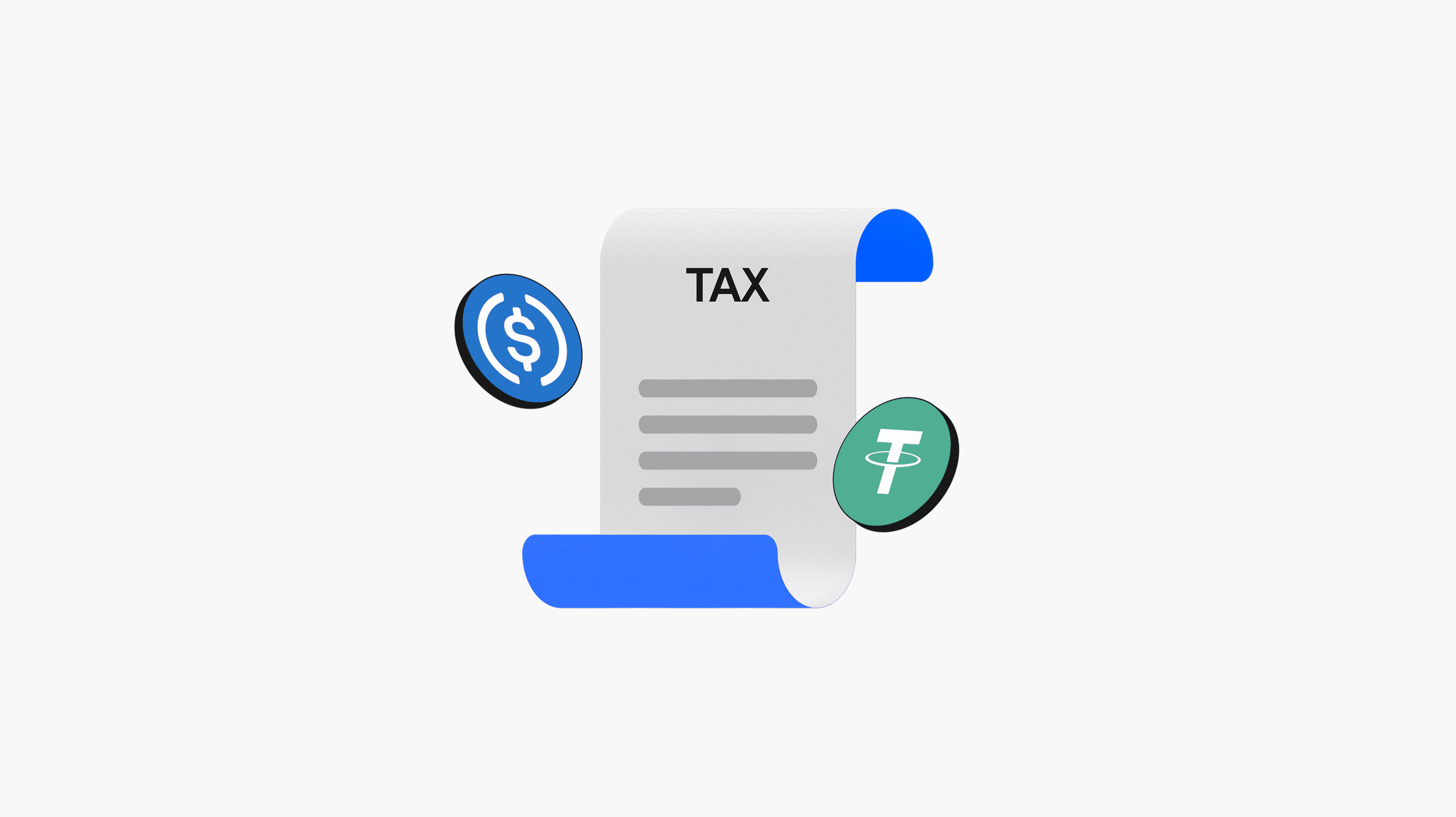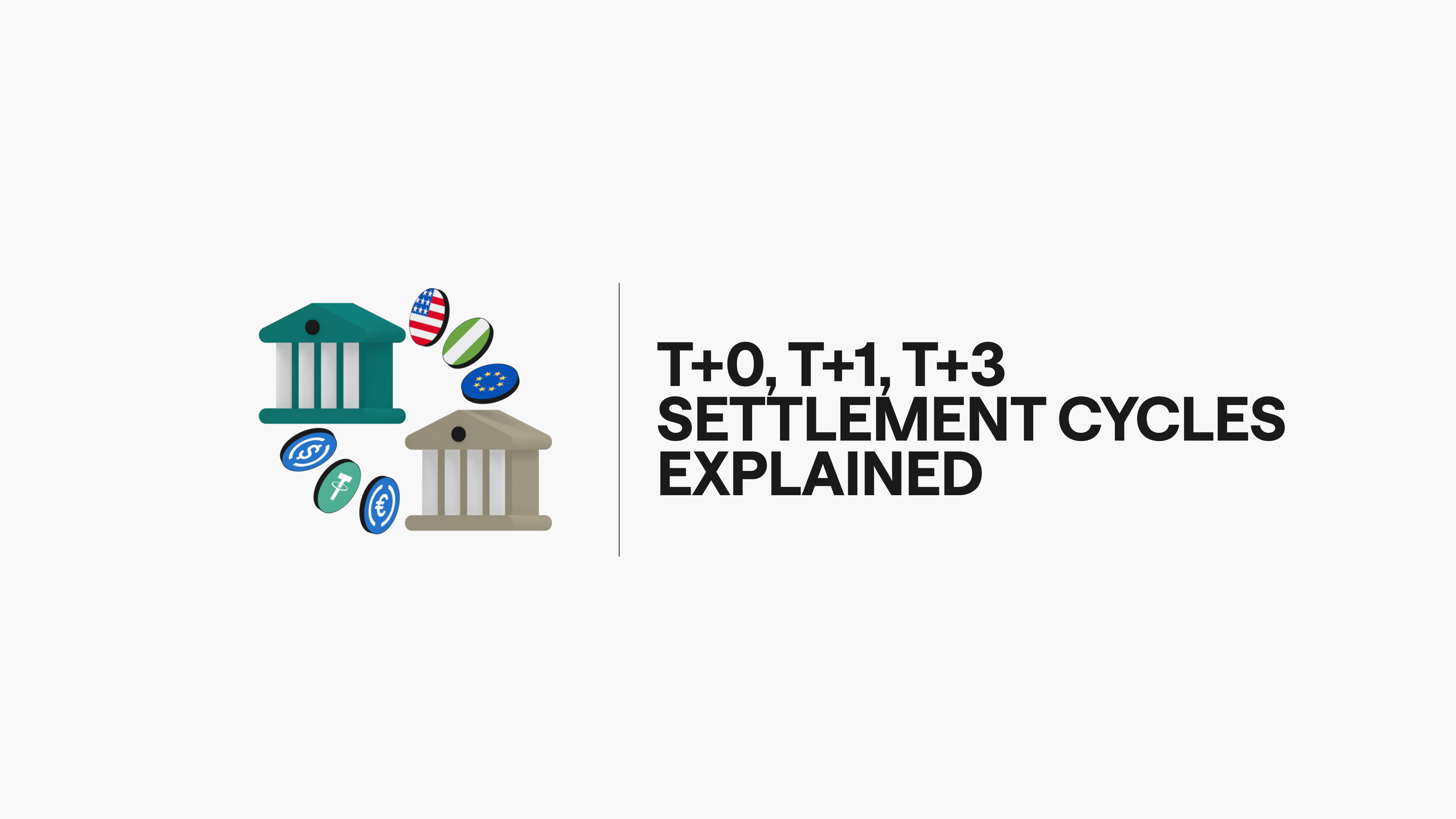
Stablecoins have a level of convenience beyond transferring value and offer relatively low volatility compared to other cryptocurrencies. Platforms such as Due make this more accessible, with efficient tools for cross-border transfers and crypto-fiat exchanges, resulting in greater ease in transferring money. But do you pay taxes on stablecoins? The short answer is yes. Authorities do not treat a stablecoin as a currency. They treat it, like other cryptoassets, as a property, which means that any taxable events involving stablecoins may subject the owner to Capital Gains Tax or income tax, depending on the situation.
Regulations have continued to tighten. The UK tax authority, HMRC, is set to collect greater amounts of data on crypto transactions from exchanges, beginning January 1, 2026. The first reports will likely be due by May 2027. Transactions will also be included, making it even more interesting to know how they are treated.
What Is a Stablecoin?
Stablecoins are a subset of crypto designed to have a stable value because they are tied (or pegged) to a currency, such as the US dollar, or a real-world asset, such as gold. They are not designed to have price volatility like Bitcoin, Ethereum, and most other cryptocurrencies. Examples of stablecoins include USD Coin (USDC) and Euro Coin (EURC), which are digital tokens that represent the US dollar and euro, respectively. For deeper insights, you can explore Stablecoin Insider, which covers stablecoin news and analysis.
It provides you with many of the same benefits as using a cryptocurrency (speed, security), but with the stable value of real money. To put this simply, $1 equals 1 USD Coin (USDC) in value, and 1 EURC is designed to maintain the value of €1. There are various types of stablecoin currencies, including:
- Fiat-Backed: Fully collateralised with traditional currencies (e.g., US dollar) held in a bank.
- Commodity-Backed: Pegged to physical assets such as gold.
- Algorithmic: Use a supply-and-demand mechanism to maintain a stable value.
Are Stablecoins Subject to Tax?
Yes, stablecoins may have price stability; however, like any other cryptocurrency, they are taxable. The US IRS and the UK's HMRC both view crypto as property or assets, not currency. In the US, the IRS has clarified that it will tax stablecoins as property for federal tax purposes.
This means that if you traded or disposed of a stablecoin, a taxable event occurred and will be treated as any gain or loss, using the difference in fair market value when you received it versus the value on the date of disposal. If you earned stablecoins (such as earning interest or getting it paid to you), this will be considered ordinary income.
Since stablecoins are maintaining a pegged price, you should not expect to ever realize large capital gains because the price changes from trade are typically only a few fractions of a penny. In fact, there are some trades that resulted in a capital gain (or loss) that were so small that it is basically negligible, or effectively zero. The reality is that all capital gains and losses, no matter how close to zero they may be, are still subject to a gain (or loss), and thus are technically a "taxable event" that must be reported.
What Is the Tax Treatment of Stablecoin Activities?
Stablecoin transactions are taxed as other cryptoassets. The tax treatment will depend on how you use them:
- Selling Stablecoins for Cash: If you trade a stablecoin for GBP, USD, or any cash currency, this is a disposal. You need to work out whether you have a capital gain or loss on the change in value calculated from the time you purchased the stablecoin in question to the time that you sold it. Even if the value has not changed (e.g., 1 USDC purchased, 1 USDC out), this is still a taxable disposal that must be reported, though it may result in zero taxable gain.
- Trading: If, for example, you swap a stablecoin like USDT for USDC, this is effectively a crypto-to-crypto disposal. If the values of the stablecoins are even a little different at all (even if only a very small proportion), you must calculate whether you have a capital gain or loss on the disposal and make sure this is reported.
- Converting Another Crypto: You're converting a very volatile crypto (such as BTC, ETH) to a stablecoin, and this will also be a taxable disposal. You have to report any gain or loss that came from the original crypto, based on the original cost when you acquired it, against the value of the stablecoin when you converted it. This applies even if you do not convert it to a fiat currency.
- Purchasing or Spending Using Stablecoins: Paying for something using a stablecoin (goods or services) is similarly treated as a disposal. If you paid in a stablecoin and the value of it has appreciated since you acquired it, you may owe Capital Gains Tax, even if the amount of gain is immaterial.
- Receiving Stablecoins as Income: If you have received stablecoins as payment (salary, for freelance projects, rewards, or interest), this is taxed as income based on its market value when you received it. If you then eventually dispose of it, this will constitute another event with a capital gain/loss.
There are some situations when there is no taxation due when using or transacting with stablecoins:
- Purchasing stablecoins with fiat (for example, £1,000 to USDC).
- Transferring stablecoins between your personal wallets.
- Holding them for the long term.
You should only pay Capital Gains Tax on them (if you sell, trade, spend, gift, etc), and you will pay income tax on them (for income, or earnings).
Is the IRS Notified About Stablecoin Transactions?
The rule beginning in 2025 is that US exchanges and brokers will have to report to the IRS certain crypto transactions, under a reporting regime called Form 1099-DA - this is different from how stock sales work. When you sell, exchange, or convert your crypto through a platform, they'll need to report those transactions to the IRS on this new form. The platform will also send you a copy, so you have the information for your tax filing
In the UK and other jurisdictions, crypto firms are sharing information with tax agencies in international agreements and partnerships. If you sell stablecoins or simply engage in trading them, do not forget to document anything and report any gains. Reporting cash gains is serious because the diligence with this action may allow them to audit you and fine you for not reporting.
Can You Claim a Tax Loss on Selling Stablecoins?
If you sell or dispose of a stablecoin that has depreciated from the point of purchase, you can claim a capital loss for taxation purposes in nearly all cases. Stablecoins are designed to remain entirely stable towards the asset they are pegged to, but sometimes they lose that peg. In one of the most famous examples, TerraUSD (UST) collapsed in 2022. If you previously held a stablecoin and sold it for less than you had paid for it, you can deduct the difference from any taxable gains.
Key points:
- Capital losses can offset gains from other crypto or even ordinary income (depending on the dollar amount).
- You can only claim a loss once you realise it - i.e., after you dispose (sell or trade) a stablecoin.
- In the UK, you will need to tell HMRC about the loss to be able to apply it against taxable gains year after year.
- You can claim minor decreases in price (e.g., selling 1 USDC for £0.99) as capital losses.
- If your stablecoin becomes completely worthless, you can still claim the loss on your taxes through something called a negligible value claim. Basically, you tell HMRC the tokens are now worthless and when it happened, so you can use that loss against other gains, even though you technically can't sell them anymore.
For the loss to count, you need to show the asset’s disposal or confirm a negligible market value. Selling it (even for 1 penny instead of a dollar) usually gets around this situation.
Reporting Stablecoin Tax in Your Annual Return
United States
All stablecoin transactions must be reported to the IRS as part of your tax return in the United States. The capital gains or losses from selling, trading, and spending stablecoins are reported on IRS Form 8949, and totals from the form are summarised on Schedule D of your 1040 US federal tax return. For each entry on Form 8949, you need:
- The date you obtained the stablecoin and the date of your disposal
- The proceeds from the sale of the stablecoin
- Your cost basis (the original cost)
- The net gain or loss
If you received stablecoins as income (from employment, a freelance payment, a reward, or interest), you need to report the value of the stablecoins in USD at the time you received them as income.
United Kingdom
In the UK, you will need to declare your stablecoin disposals and income as part of your tax return.
- If you have disposed of stablecoins (i.e., sold or exchanged them), you will need to report that on the SA108 (the Capital Gains Tax section).
- For stablecoin income (e.g., payments or interest earned), you will report that on the SA100, as miscellaneous income, or use SA101 supplementary pages for more complex situations, or as self-employment income on SA103, depending on the type of activity.
You will have to convert all values to GBP using the exchange rate on the date of every transaction. HMRC expects you to keep complete records of dates, amounts, and GBP values in case they want to audit or review.
Other Countries
In most countries, Capital Gains Tax applies to disposals of stablecoins, and any income must be reported as taxable income. You will generally have to convert transaction amounts into your local currency and report the disposals in the forms or systems that the tax authorities specify. Reporting thresholds, rules, and format vary based on jurisdiction, so refer to official guidance or a taxation advisor, as seems appropriate.
Ways to Simplify the Tax Reporting of Your Stablecoin Activity
Calculating taxes on and reporting your stablecoin transactions may feel exhausting and, at times, overwhelming; however, in some cases, the mental toll can normally be lessened when you have a simple and straightforward approach to record-keeping. Good records will certainly be invaluable in terms of taxation compliance issues.
Record Keeping
- The date of the transaction
- The amount of the transaction
- The classification of the transaction (payment, trade, income, etc.)
- The equivalent value in fiat currency
In addition, you may be able to record transaction IDs, platform, and any related costs. Most exchanges and payment service companies will allow you to export transaction history. Be sure to store these records carefully, as you want to be ready to comply if your authorities (e.g., HMRC, IRS) require the information.
Utilize Crypto Tax Software
Dedicated crypto tax software can help streamline the process. Programs like Koinly, CoinTracker, and CoinLedger will sync with your wallets/exchanges and calculate your gains/losses, as well as create your reports, depending on your local jurisdiction's rules. You can eliminate a significant amount of manual entry and manual entry errors, not to mention a lot of time, especially if you have a lot of transactions. Finally, always double-check the output for correctness!
Report All Transactions - Even Minor Gains
Regardless of the stablecoin's stability, you must notify it. Tax authorities have blockchain analytics and exchange data to track your activities. Failing to report stablecoin income or capital gains, regardless of the amount, will result in a penalty. If in doubt, report it or ask a taxation professional for assistance. With the continued growth of stablecoin adoption for international money transfers, be mindful that you are subject to tax regardless of the entity that you use.
Important: This article provides general information only and should not be considered as professional tax advice. Tax laws vary significantly between jurisdictions and change frequently. Always consult with a qualified tax professional for advice specific to your situation.
FAQ — How are Stablecoins Taxed?
Do you have to pay taxes on stablecoins?
Absolutely. Stablecoins get the same tax treatment as any other cryptocurrency. When you sell or swap them for a profit, you're looking at Capital Gains Tax on that profit. If you receive them as payment for work or earn them as interest, that's income you need to report. The key thing people miss is that even transactions with zero gain still need to be reported to the authorities.
Are stablecoins taxed even if their price doesn't change?
Yes, and this trips up a lot of people. Tax law focuses on the transaction itself, not whether the price moved. So if you swap USDC for DAI, even though they're both pegged to $1, that's still a taxable event in the eyes of the IRS or HMRC. You might have zero gain to report, but you still need to report it.
Is the interest I earn on stablecoins taxable?
Definitely, when you earn stablecoin interest, say 50 USDC from lending or staking, that gets treated as regular income at whatever the dollar value was when you received it. Then, if you sell those coins later and the price has changed, that's a separate capital gains calculation on top of the original income.
Is swapping one stablecoin for another a taxable event?
Yes, it is. Even something as simple as swapping USDT for USDC triggers a crypto-to-crypto disposal for tax purposes. The fact that both are worth roughly $1 doesn't matter - if there's any difference in value (even $0.99 to $1.00), that creates a taxable gain or loss. Authorities treat this the same as any other crypto swap.
Can I use stablecoins to avoid taxes?
Not a chance. Converting your crypto profits into stablecoins doesn't make the taxes disappear. The moment you sell Bitcoin for USDC, for example, any gain on that Bitcoin becomes realized and taxable. Just holding stablecoins isn't taxable, but the transaction that got you those stablecoins probably was. Crypto-to-crypto swaps do not provide avoidance benefits, and these days, authorities have much better tools for tracking these movements.



.jpg)

